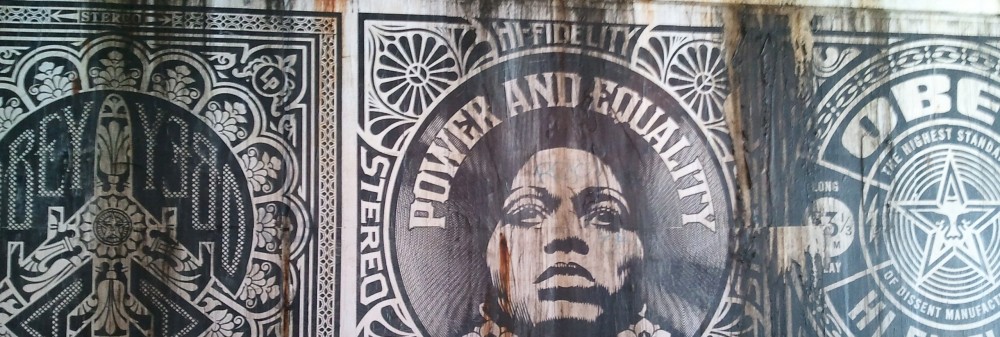The strange thing about being an editor is the idea that you might also become a director. I have no intention of directing fellow poets towards what kind of poem they should write or what kind of things they should write about. Who am I to do that? That said, like the rest of you I have my preferences and my hang ups. I remember a few years back in the middle of the boom, in the middle of the most fundamental societal changes, that the editor of The Shop, John Wakeman, had to ask why so few poets were writing critically about social issues. And he asked them to do so. That worried me. If we weren’t writing about our society what were we writing about? If we are not now writing about recession, inequality, the Middle East, or the dangers of getting shot if you are a young black American, then what is it we are looking at and thinking about? Not that I think we have to respond to breaking news or, God forbid, be relevant; for what is relevant this week isn’t the next. But there is something. Fred Voss in his poem Only Poets with Clean Hands Win Prizes writes ‘the poets/ are polishing lines about the shadows inside ivory bowls/ and what time really means/ as old people/ must choose between their medicine and eating/ people in agony with no health insurance spend nights sitting in chairs waiting/ in crowded emergency rooms/ men/ go to prison for the rest of their lives for stealing/ a sandwich/ the poet/ is writing about looking in a mirror.’ And I like Fred Voss a lot.
But don’t get me wrong: I don’t think we have to hit hard all the time. I’m all for poetry bringing us comfort. I just don’t think it should make us comfortable. Or be the voice of privilege. Privilege is loud enough. It doesn’t need to speak here too. I trail along after the truly great Michael Hartnett when he says ‘the act of poetry/ is a rebel act’ and I still think the act of writing a poem itself akin to an act of protest. Unless, in our commerce soaked age, anyone can think of another art form that has less monetary value place on it? I know that has nothing to do with the impulse for writing a poem in the first place but let’s be kind to ourselves for once and say that most poets are writing out of the same place, the same search for……
I reckon standing still for a moment to look at a bird or a tree, in the startling manner of the early Irish poets, to be just as true as anything else. And more beautiful than most. See, I’m not directing you where to look. I’m not saying bring me your gritty, dirty, poetry of the boarded up places. We can’t all look in the same place. So how about just this: you do your best by you and I’ll try and do my best by you too. How about that?
I look forward to seeing your work.
Joseph Horgan
(Editor Issue 8)
